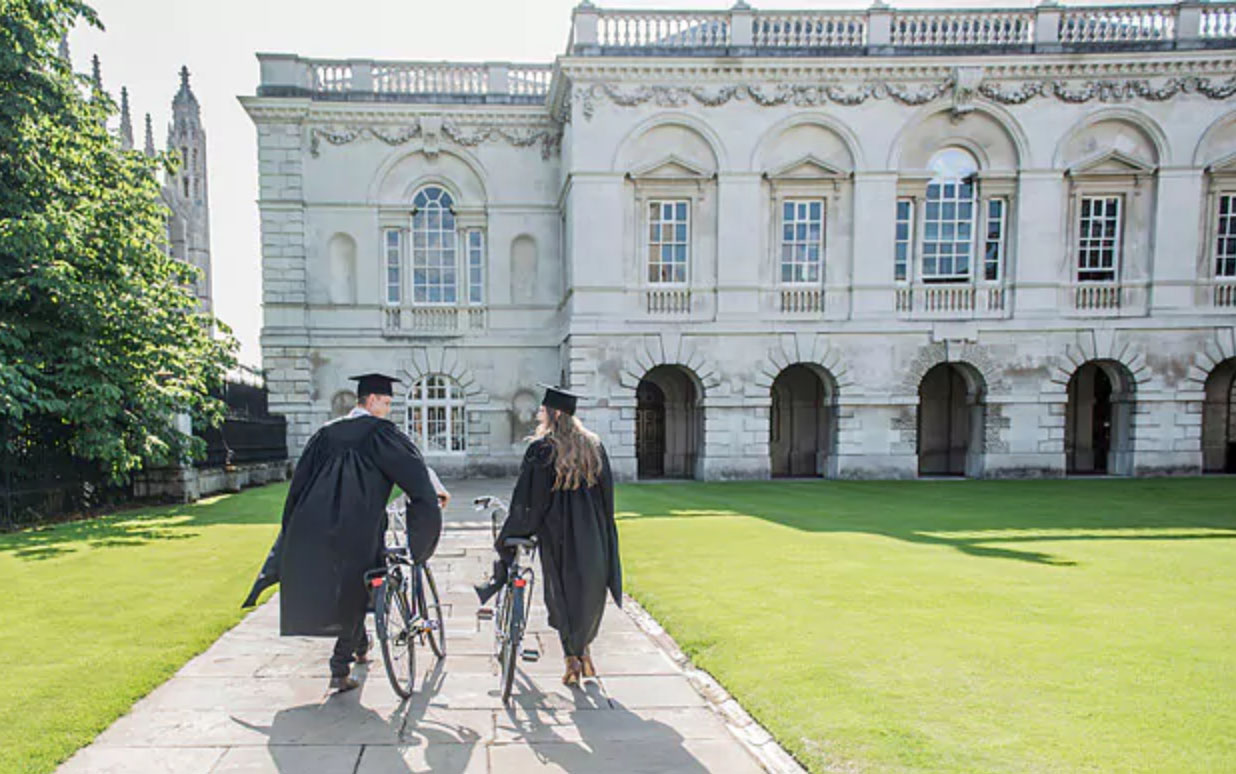
19 Aug
2022
Answering General Interview Questions
<p><strong>Key Points</strong></p><p> </p><ol><li>General questions are not often asked in an interview but you should still prepare for them to avoid being caught off guard.</li><li>Emphasise the quality of education instead of the university’s prestige when answering “Why Oxford/Cambridge” questions.</li><li>Everything you write on your personal statement is fair game, so be familiar with what you’ve written.</li><li>Use specific examples to highlight your interest in the subject, avoid broad and vague statements.</li></ol><p> </p><p><strong>Introduction</strong><br> </p><p>The Oxbridge interview places a lot of emphasis on a student’s academic interest and ability. Therefore, many questions tend to be subject based. General questions like the following are not as commonly encountered:<br> </p><ul><li>“Why do you want to apply to Oxford/Cambridge?”</li><li>“Why are you interested in this subject”</li><li>“Tell me more about what you wrote in your personal statement”<br> </li></ul><p>Having said that, it is still important to prepare for these questions. This is because general questions can often be used as warm up questions from which the interviewer then transitions to more subject specific questions. You want to avoid being tripped up at the start of the interview by a question that you had the chance to prepare for but didn’t.</p><figure class="image"><img src="https://oxbridge-blogs.s3.ap-northeast-2.amazonaws.com/hb4haovZZeUMbqsdUkLP.png"></figure><p> </p><p><strong>Question Type 1 - Why Do You Want To Apply to Oxford or Cambridge?</strong></p><p> </p><p>Everyone knows that Oxford and Cambridge are world class institutions. There is no point telling the interviewers this. Instead, focus on why you think you would benefit from the quality of education that the university offers.<br> </p><figure class="table"><table><tbody><tr><td>Ideal Answer</td><td>Less Appropriate Answer</td></tr><tr><td><p>Personalised tutorial system </p><p>Courses offered are appealing</p><p>High quality of fellow students</p></td><td><p>World famous university</p><p>Great career prospects</p></td></tr></tbody></table></figure><p> </p><p><i>Tutorial System</i><br> </p><p>It is a good idea to talk about the tutorial system at Oxford and Cambridge, which is really unique. Each week, students attend tutorials with their tutors which are conducted in a highly personalised setting; the tutor-student ratio is typically one to two (in same cases, it might even be one to one). <br> </p><p>Students are required to thoroughly prepare for the tutorial and discuss their views with the tutors. This is a great way to clarify any doubts and improves the quality of education that students receive.</p><p> </p><p><i>Course Syllabus </i><br> </p><p>The fact that the university’s course syllabus or tutor’s area of expertise matches your own personal interests is also a good reason to mention. For instance, suppose you’re a biochemist and you’re interested in stem cell research. You also learn that the professor at Brasenose College, Oxford is an expert in this field. That is a very valid reason for wanting to apply to read Biochemistry at Brasenose College, Oxford.<br> </p><p><i>Calibre of Fellow Students</i></p><p> </p><p>Students at Oxford and Cambridge come from a very international background. They will often also be the top scorers from their respective schools and countries. The study environment that this creates is one where you have an opportunity to interact on a daily basis with classmates who are smart and competent. This can be exciting as well as stimulating and is also a good reason to mention.<br> </p><p><strong>Question Type 2 - Why Are You Interested in This Subject?</strong><br> </p><p>We mentioned earlier that the interview focuses on subject based questions. Questions like this relate to your subject, but they are still considered general questions. The interview questions are usually far more in depth.</p><p> </p><p>A good answer to these “Why Are You Interested In This Subject” questions will focus on why you are academically interested in the subject. For instance, a biochemistry student might say this:</p><p> </p><p><i>“Biology and chemistry are my favourite subjects. I like learning more about how our body works and the underlying chemical reactions which make this possible. In particular, I’d like to do further research in the area of stem cells because this is an area which has a lot of potential for producing cures for many medical diseases.”</i><br> </p><p>It is not recommended that you mention career prospects as a reason for studying the subject unless the degree leads on to a professional qualification (like law or medicine). </p><p> </p><p><strong>Question Type 3 - Personal Statement Questions</strong></p><p> </p><p>Anything you write about in your personal statement is fair game in the interview. The interviewer may pick an interesting concept that you talked about and ask you to elaborate on it. These open ended questions can be tricky; bear in mind that every interview is around 40 minutes long so your initial response cannot be too long. At the same time, your answer cannot be too superficial. So try to give a quick overview and ask the interview if they’d like you to go on. If the interview is keen they will prompt you to proceed.</p><p> </p><p>Alternatively, if you undertook an internship or organised some event, the interviewer might ask you about that. These are questions that you can prepare for and you should do so. The answer that you give should flow like an engaging story instead of being long winded.</p><p> </p>